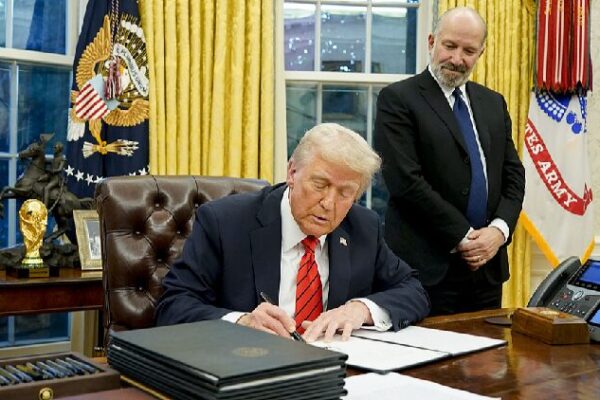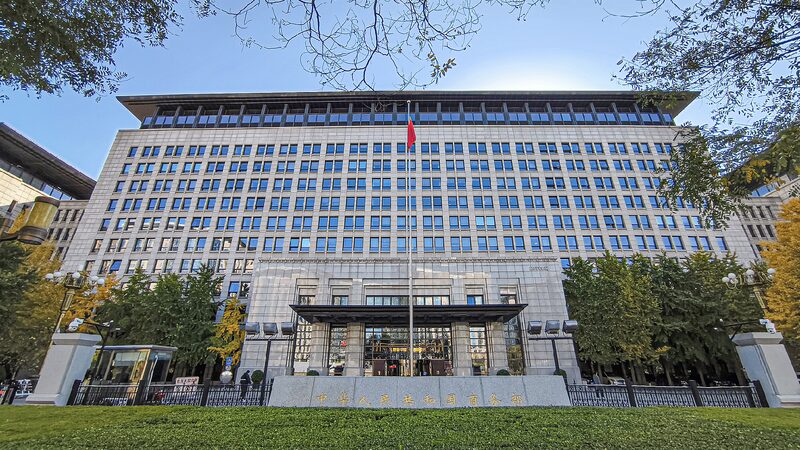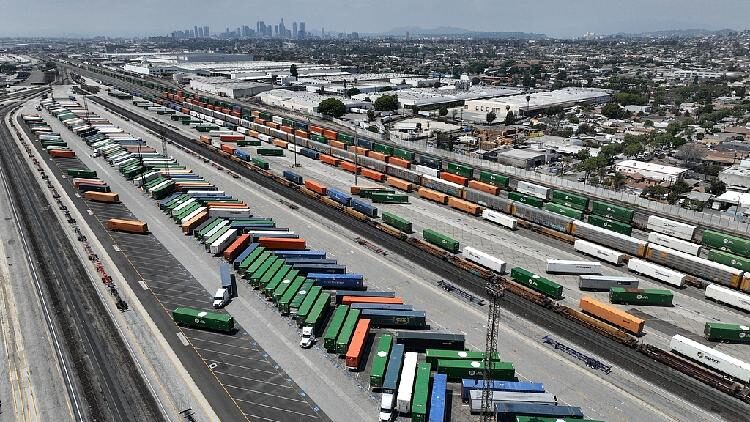The United States is facing increasing concerns about the possibility of an economic recession, with many pointing to its recent trade policies as a contributing factor. The imposition of tariffs and aggressive negotiation tactics have strained relationships with key trading partners, potentially impacting the global economy.
In recent years, the U.S. has adopted a more protectionist stance on trade, aiming to shield domestic industries and address trade imbalances. However, these measures have also led to escalating tensions with countries like China, one of the United States’ largest trading partners.
China has stood firm against what it perceives as economic coercion. A spokesperson from China’s Foreign Ministry stated, “The Chinese people do not provoke trouble but are not afraid of it either. Pressuring, threatening, and extortion are not the right ways to deal with China.”
Trade wars are known to produce no winners. China’s recent statements emphasize that protectionism leads down a blind alley. As China diversifies its markets, the U.S. risks losing a significant export destination for products like soybeans, cotton, and medical equipment.
American businesses are already feeling the impact. Companies have adjusted profit forecasts due to tariff uncertainties. Investors are cautious, and the constant changes in trade policies are creating a climate of instability. “There has been so much uncertainty—things are evolving by the day—that businesses just don’t know what to do or how to plan,” said Bart Watson, president of the Brewers Association.
Economists warn that continued trade tensions could tip the U.S. into a recession. Forecasts suggest reduced economic growth and increased risks if current policies persist. In an interconnected global economy, escalating trade barriers not only strain international relationships but also threaten domestic prosperity.
For teenagers and young adults in the Global South, these developments are significant. The ripple effects of a U.S. recession could impact global markets, job opportunities, and economic futures far beyond American borders. Understanding the implications of trade policies helps today’s youth stay informed about the forces shaping their world.
Reference(s):
cgtn.com








